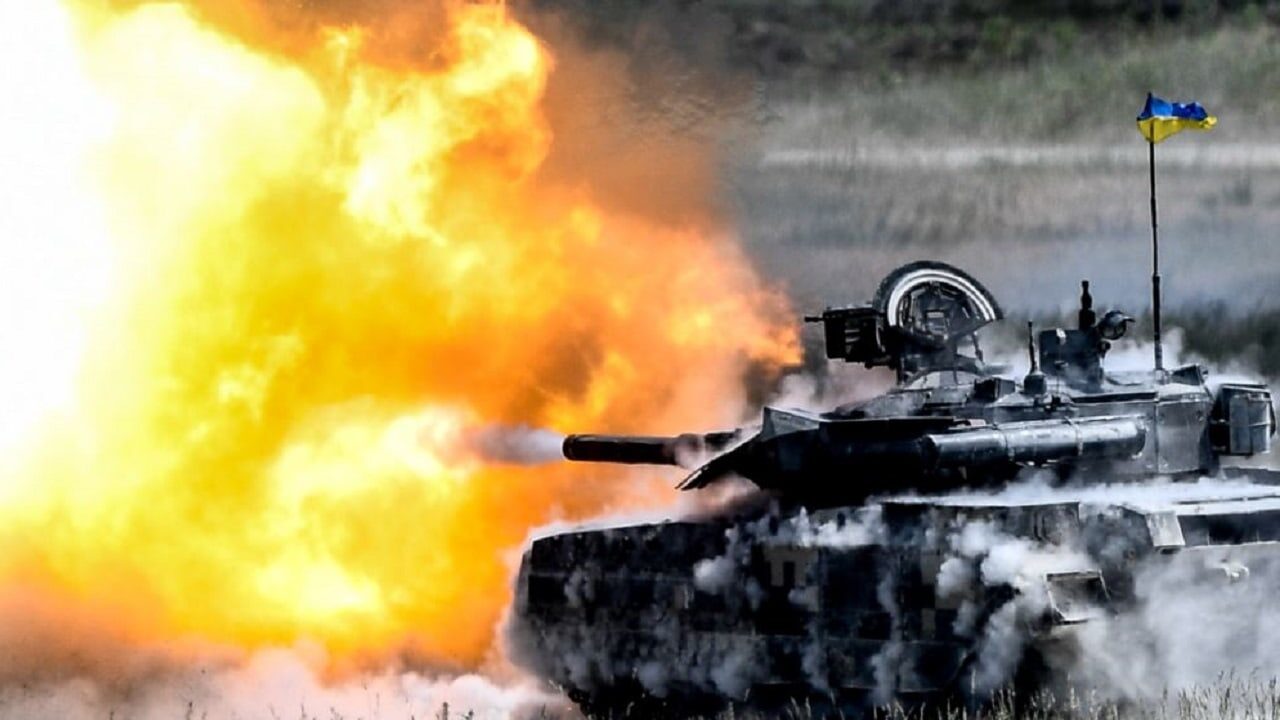Biden administration officials frequently boast about NATO’s unprecedented unity regarding its policy response to Russia’s invasion of Ukraine. To some extent, that attitude is warranted. The allies have agreed to impose sanctions of unusual severity against both Russian leaders and the overall Russian economy. Germany even put approval of the nearly complete Nord Stream 2 natural gas pipeline from Russia on indefinite hold.
Moscow’s aggression also has triggered a sense of alarm and a more serious attitude in multiple European countries about doing more for NATOs collective defense mission. That shift has been especially evident in Germany, where Chancellor Olaf Scholz’s government approved an emergency fund to boost Berlin’s military budget by 100 billion Euros. The latter move would finally fulfill Germany’s longstanding pledge (along with all other NATO members) to spend at least 2 percent of Gross Domestic Product annually on defense. Berlin had repeatedly procrastinated about carrying out that commitment. A far more militant posture by the Scholz government also was apparent when it stated an intent to ship weapons to Ukraine to bolster that country’s military resistance. Previous German governments would have considered such involvement in a raging war unthinkable. Numerous other NATO members, including the United States, already are pouring weapons into Ukraine.
Nevertheless, it is easy to overstate the degree of unity regarding policy toward Russia even among NATO members, much less within the broader international community. Indeed, some cracks already are beginning to form in NATO’s solid front. When Poland’s Vice Premier, Jaroslaw Kaczynski, suggested that the Alliance send an armed peacekeeping force to Ukraine to provide humanitarian aid, the reactions were widely divergent. Estonian Defense Minister Kalle Laanet said that a proposed peacekeeping mission was “one of the possibilities” NATO should consider, but several other governments pushed back. We’re “still in too early stages to talk about that,” said Dutch Defense Minister Kajsa Ollongren, adding that such a deployment would need the backing of the United Nations Security Council—a requirement that made the plan a nonstarter, since as a permanent member of the Council, Russia holds veto power.
Divisions within NATO are even increasingly evident on the issue of providing weapons to Ukraine. Addressing a massive campaign rally on March 15, Hungary’s prime minister, Viktor Orban, emphasized that “we must stay out of this war … therefore we will not send any troops or weapons to the battlegrounds.” A few days later, Bulgarian Prime Minister Kiril Petkov stated flatly that his country will not engage in “hostilities” in Ukraine and that no arms will be supplied.
Beyond NATO (and longstanding U.S. allies in East Asia), the absence of support for Washington’s strategy of imposing harsh penalties on Russia is glaringly evident. That problem surfaced almost immediately. On March 2, the United Nations General Assembly approved a resolution condemning Russia’s invasion of Ukraine and calling for the immediate withdrawal of Russian military forces. 141 countries voted for the resolution, and U.S. officials gloated that only 5 voted against it.
However, a stunning 35 countries decided to abstain, even though a favorable vote to placate the United States and its allies should have been an easy option, since the resolution was purely symbolic, not obligating UN members to take any substantive action. Yet a significant number of countries in Asia, the Greater Middle East, and Sub-Saharan Africa, opted to snub Washington. When more than 20 percent of the General Assembly’s membership refuses to embrace a purely feel-good measure Washington wants passed, the U.S.-sponsored global coalition looks fragile indeed.
It is especially ominous for U.S. objectives that both China and India have remained firm in their opposition to imposing economic sanctions on Russia—as have numerous other countries outside of Europe and East Asia. Even portions of Latin America have balked at waging an economic war against Russia. Indeed, beyond Washington’s network of traditional allies, the isolation of Russia appears to be significantly exaggerated.
Political scientists frequently note that coalitions tend to be a mile wide but only an inch deep. That situation may well apply to NATO unity regarding policy toward Russia. When it comes to the rest of the world, any sense of unity on that issue is not even a half-inch deep.
Ted Galen Carpenter, a senior fellow in defense and foreign policy studies at the Cato Institute and a contributing editor at 19FortyFive, is the author of 12 books and more than 950 articles on international affairs. He is also a 1945 Contributing Editor.

